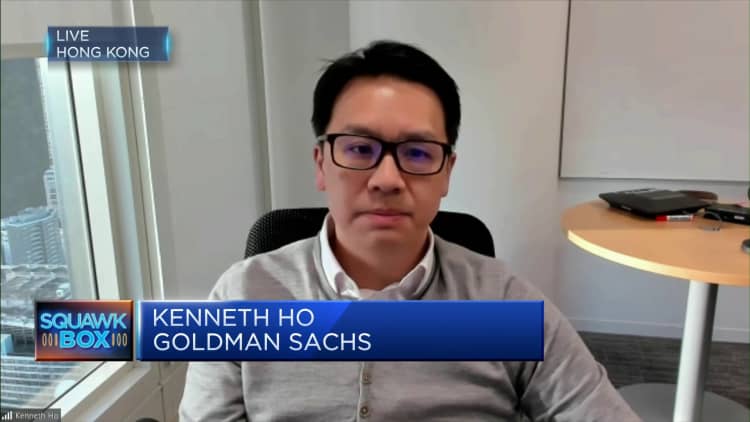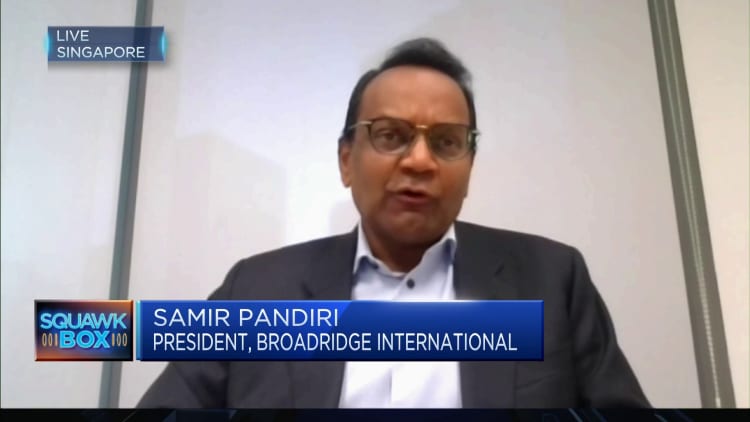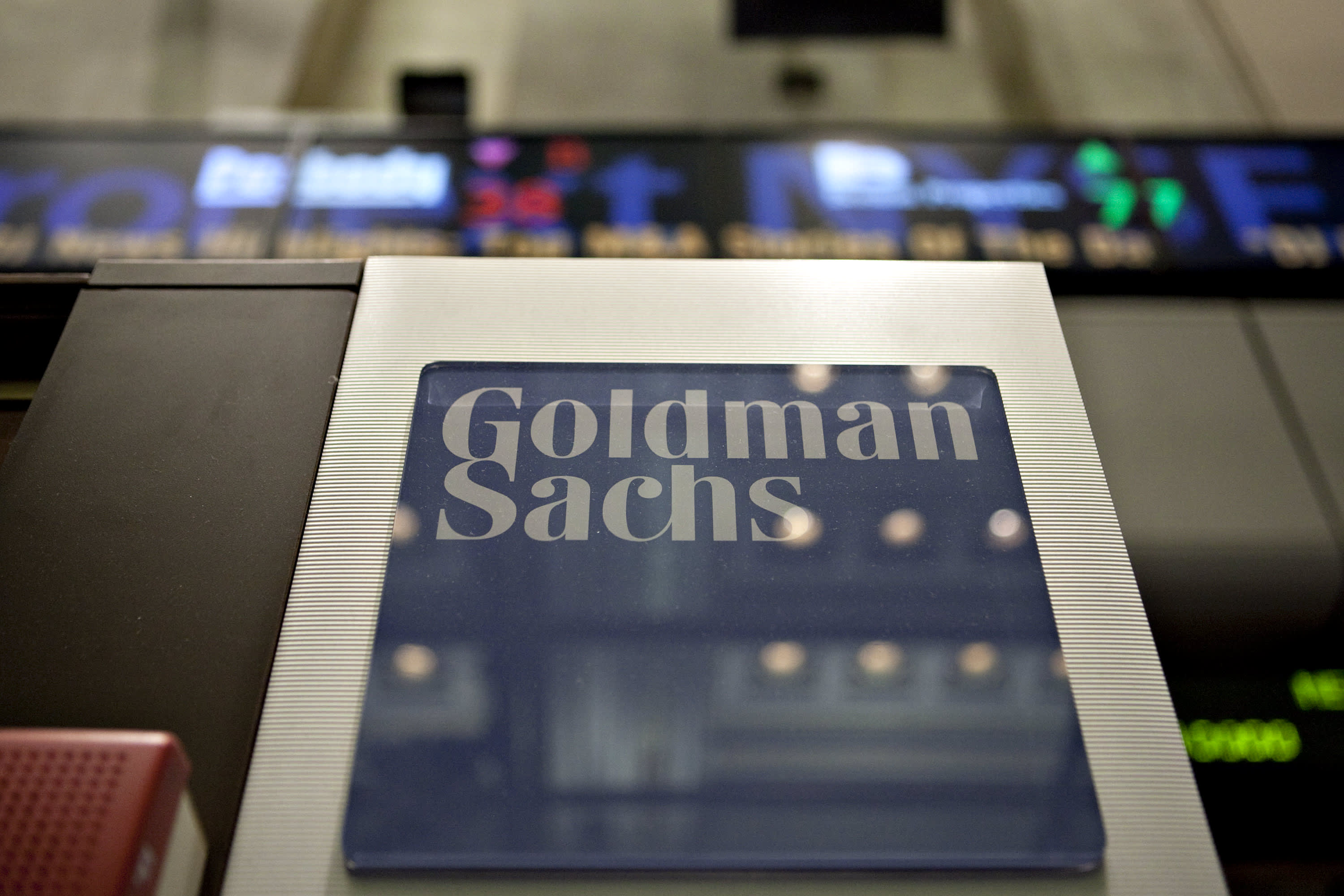
Venture capital-backed companies only raised $369 billion for the first three quarters of 2022, according to Crunchbase data. A total of $679.4 billion was invested globally in 2021.
Malte Mueller | Fstop | Getty Images
Venture capital firms in Southeast Asia will probably be pickier next year, with valuations plunging and economic headwinds slowing growth in 2022.
“The era of easy money is already history,” said Yinglan Tan, CEO and founding managing partner at Singapore-based Insignia Ventures Partners.
“The biggest thing to watch out next year, is how companies are going to grow, defend their valuation and survive the challenging environment,” said Jefrey Joe, co-founder and managing partner at Indonesia-based Alpha JWC Ventures.
According to data firm Crunchbase, venture capital-backed companies raised only $369 billion for the first three quarters of 2022, a far cry from the whole of last year’s record-breaking feat of $679.4 billion invested globally — which was a 98% increase from the year before that.
“We have observed Southeast Asian VC deployment contract by 25-30% this year, relatively more so in Indonesia and at the Series B+ stage, and less so at the seed and Series A stages,” said Gavin Teo, general partner at Altara Ventures.
But there is still a lot of dry powder, according to venture capitalists who spoke to CNBC.
“Most funds have capital to deploy, but they are looking for great investment opportunities,” said Jussi Salovaara, co-founder and managing partner of Asia at Antler.
Venture capital funds raised $151 billion in the first three quarters of this year — that is, money they brought on hand to invest — exceeding any prior full-year fundraising, according to data from private market data platform PitchBook.
Sequoia Southeast Asia raised a $850 million fund in June, East Ventures raised $550 million in July, and Insignia Ventures Partners raised $516 million in August.
“We can be active and aggressive in deploying, but at what valuation?” asked Alpha JWC Ventures’ Joe.
‘Too caught up in the money cycle’
Tech stocks took a tumble at the start of the year amid rising interest rates and disappointing earnings results. Startups in Southeast Asia are still largely unprofitable, with names like Sea Group and Grab amassing billions of losses annually.
“For the last 10 years, it has been FOMO investing,” said Peng. T Ong, co-founder and managing partner at Monk’s Hill Ventures. He was referencing how big-name investors poured money into the collapsed crypto exchange FTX for “fear of missing out”.
Southeast Asian tech companies have lost most of their valuations since going public. E-commerce giant and NYSE-listed Sea’s market capitalization stands at around $30 billion, down from more than $200 billion late last year.
GoTo’s 400 trillion rupiah ($28 billion) valuation has dropped more than 75% since it went public in Jakarta in April, while Grab has lost 69% of its initial valuation of about $40 billion since its December 2021 debut.

“We are back to reality. People are starting to go: you need to have a path to profitability. You need to be default alive,” said Ong, using a term to refer to companies that can turn a profit before they run out of money. “You need to have positive contribution margins. These are the things that we should have been saying all along, but we were too caught up in the money cycle.”
Venture capital firms have been pushing their portfolio companies to extend their runways, as uncertainty lies ahead.
“Investors are spending more of their deployable capital and time into supporting portfolio companies to shape up their capital efficiency,” said Insignia’s Tan.
“It’s not that we didn’t care about [profitability] last time,” said Alpha JWC Ventures’ Joe. “But almost no startup is profitable in the first five years. Maybe the shift in mindset is … let’s be more prudent in growing. Yes, they can burn. No, they do not need to be profitable now, as long as they are capital efficient and have strong unit economics.”
Survival of the fittest
This drier fundraising landscape is a litmus test revealing the true sustainability of business models and sector demand, said Insignia’s Tan.
“The companies that actually last this winter will prove to be survivors of the down market situation. So in a way, the market is doing a lot of work for us,” said Jessica Koh, director of investments at Vertex Ventures.
Some sectors such as quick commerce have already seen casualties. Quick commerce promises to place orders in customers’ hands in less than 30 minutes.

Indonesian quick commerce firm Bananas announced in October that it was closing its e-grocery operations after failing to make the economics work. It first launched in January.
Indonesia-based e-grocery company HappyFresh ceased operations in Malaysia after seven years, while Grab discontinued its quick commerce service GrabMart Kilat in Indonesia. Internationally, several companies – Gopuff, Gorillas, Jiffy, Getir, Zapp and Buyk – have announced closures, strategy pivots or layoffs.
“The 15-minute model of quick commerce in Southeast Asia is very difficult because the unit economics are very negative. Basket sizes and order sizes are quite small,” said Teo of Altara Ventures.
With the flood of cash now swept away, it is becoming more clear which companies were not ready for the challenging environment, said Insignia’s Tan.



